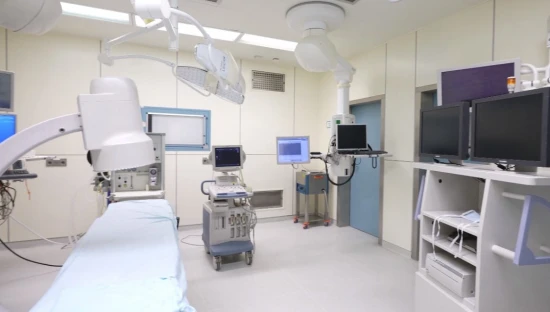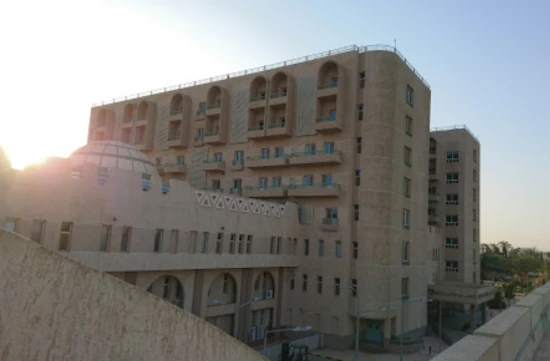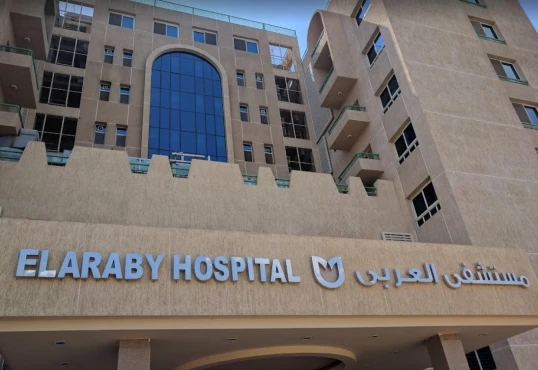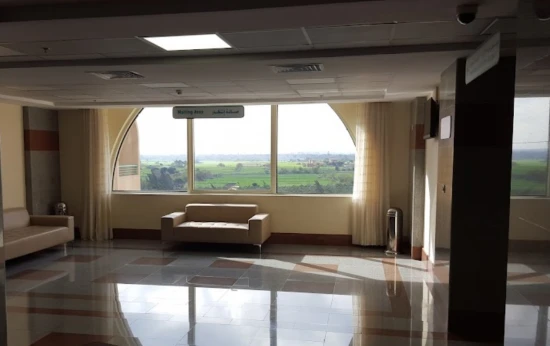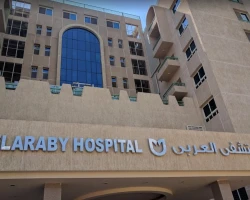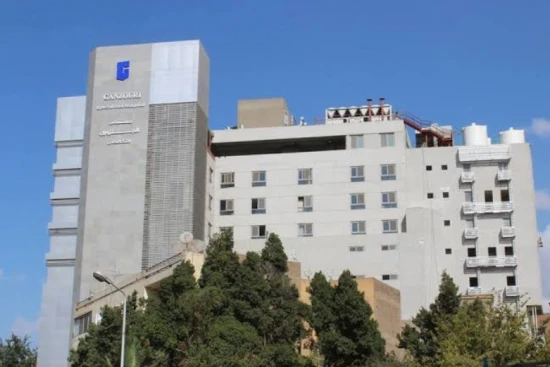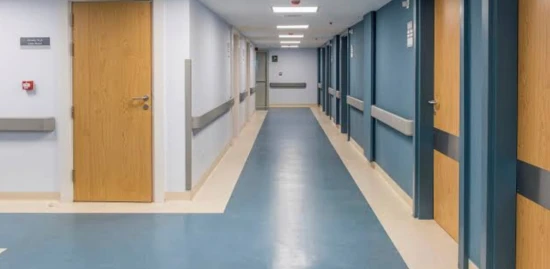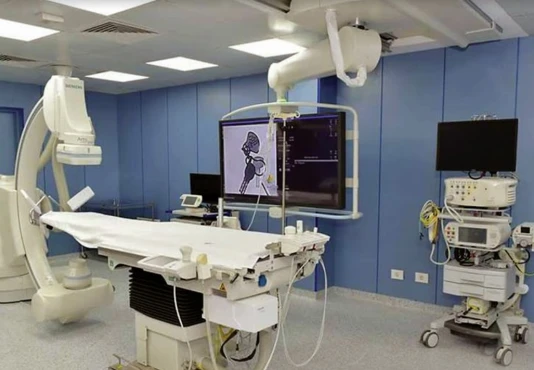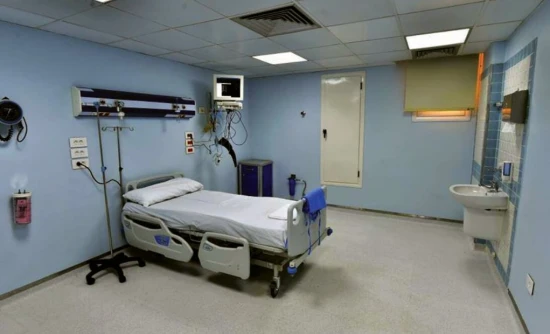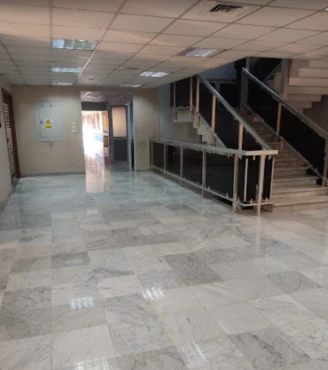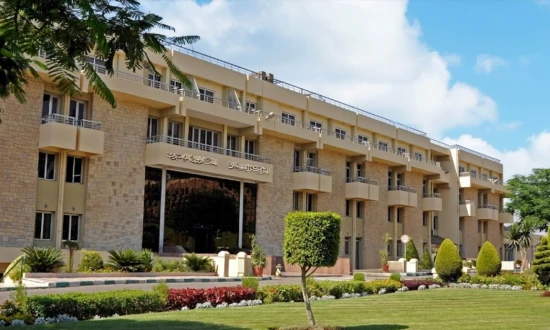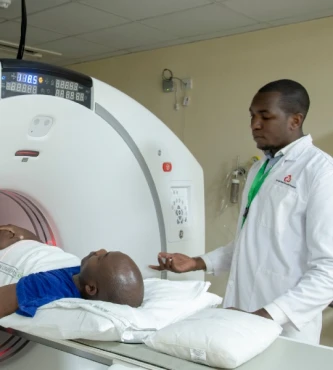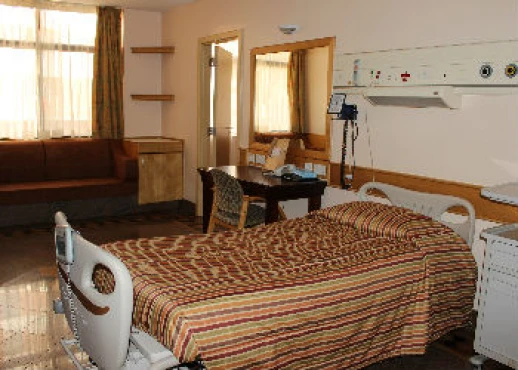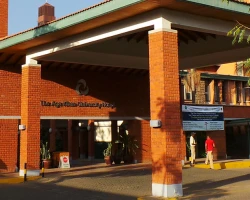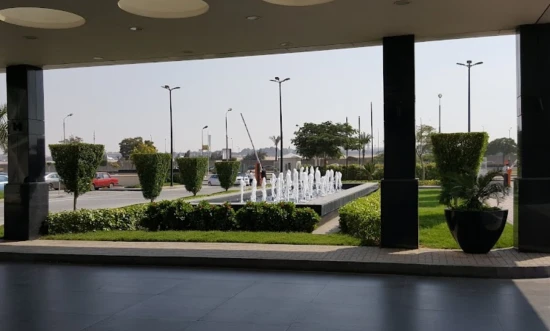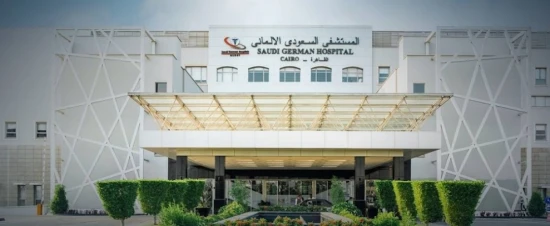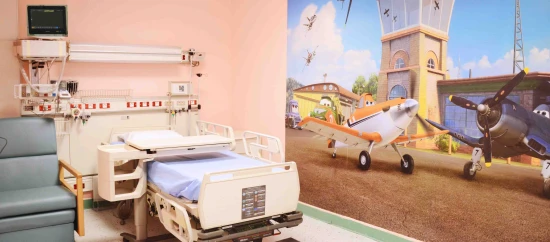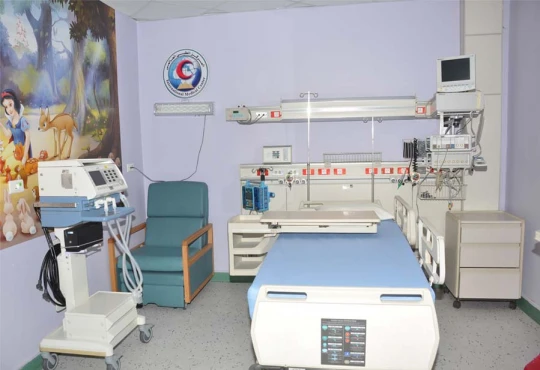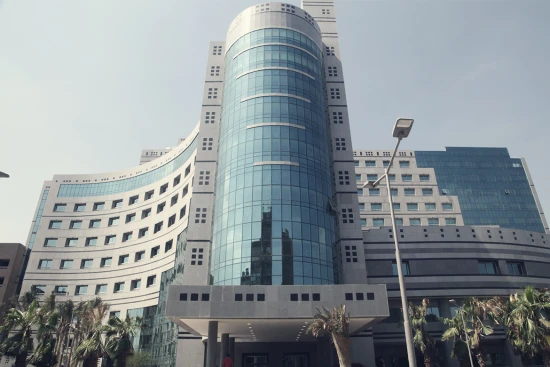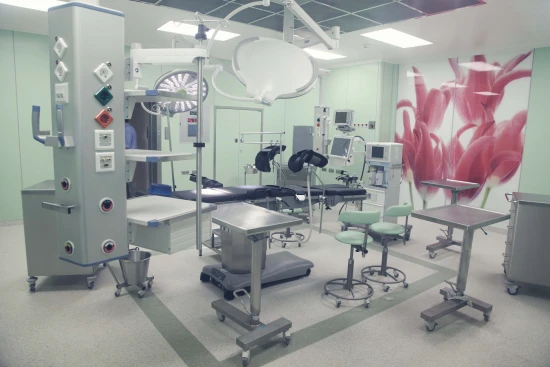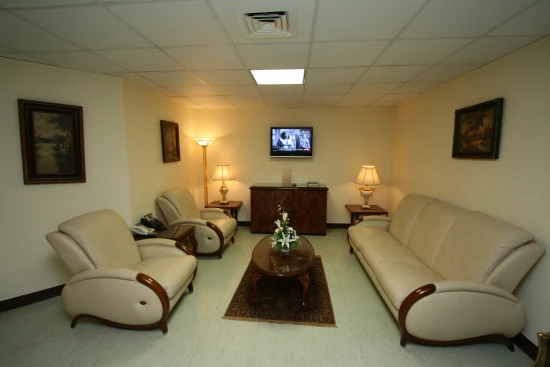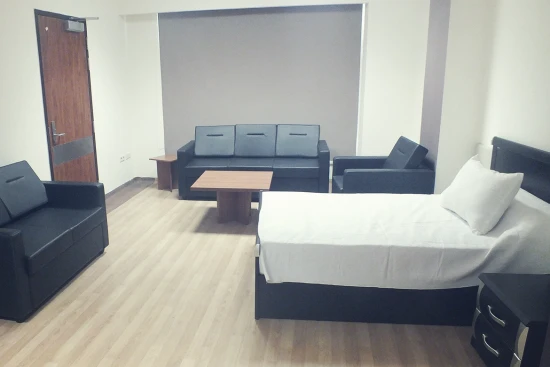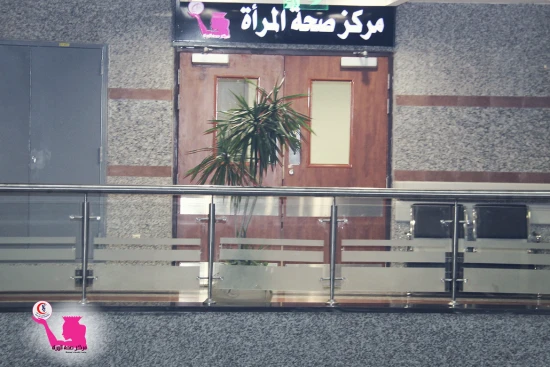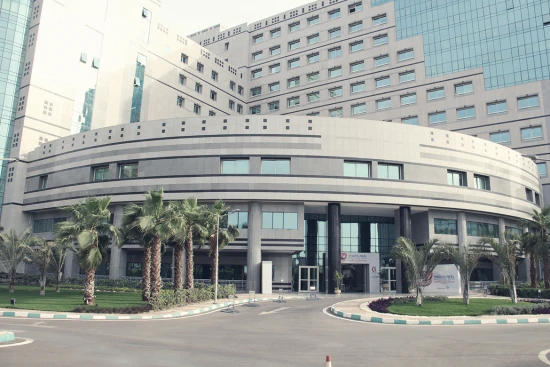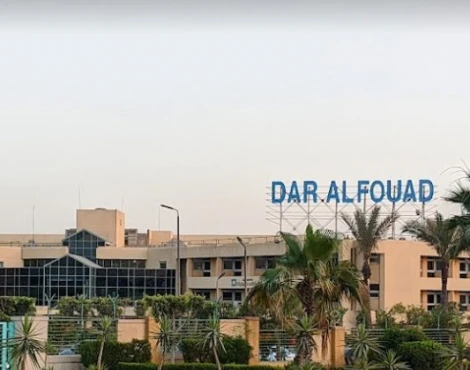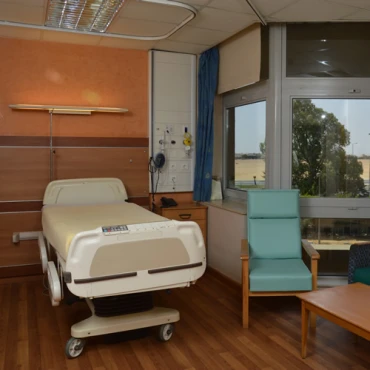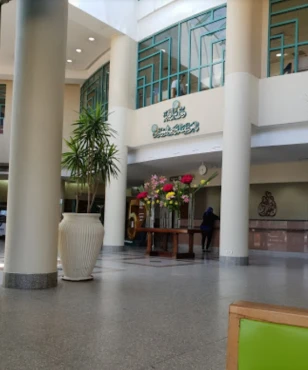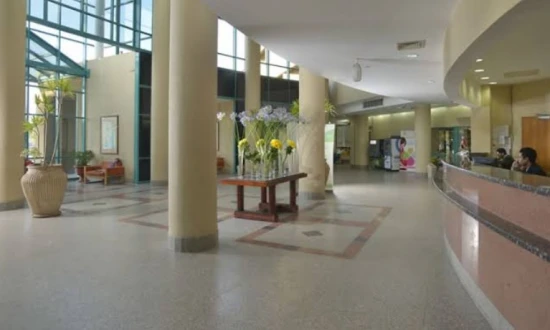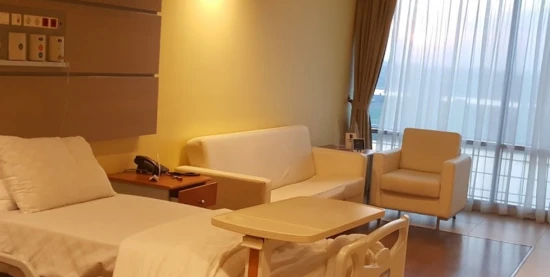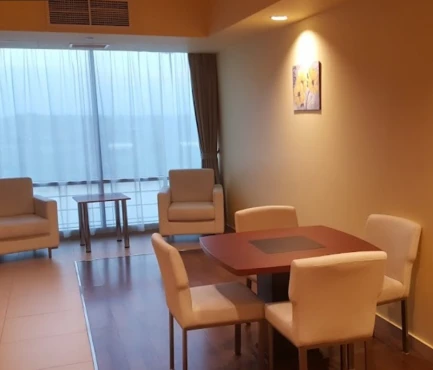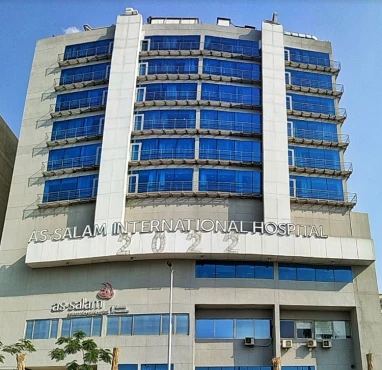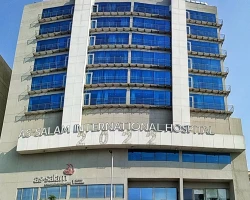Chronic kidney disease treatment in 8 Vascular surgery clinics in Africa
8 clinics specializing in Vascular surgery providing treatment of
Chronic kidney disease
Chronic kidney disease (CKD) is a progressive condition where the kidneys gradually lose their function over time. It can lead to complications like high blood pressure, anemia, and may require lifestyle changes, medication, or dialysis for management.
Read more...
in Africa.
Sorted by:
Relevance
Rating
Relevance
Prices for popular procedures:
Prices for popular procedures:
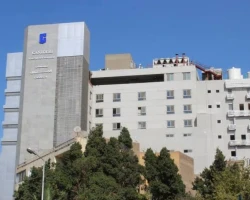
Cairo, Egypt
Specializations: Cardiac surgery, Vascular surgery, Thoracic surgery, Neurosurgery, Spine surgery, Orthopedic surgery, Oncology
Languages: Arabic, English
Ganzouri Specialized Hospital (GSH) is a private general hospital, operating & rendering services to our community for almost 50 years. Our hospital includes 8 highly
read more
Prices for popular procedures:
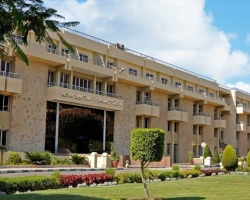
Cairo, Egypt
Specializations: Cardiac surgery, Vascular surgery, Thoracic surgery, Neurosurgery, Spine surgery, Orthopedic surgery, Oncology
Arab Contractors medical Center has been established in 1981 by Arab Contractors Company (Osman Ahmed Osman & Co.) as generous initiative of the guru, Eng.
read more
Prices for popular procedures:
Prices for popular procedures:
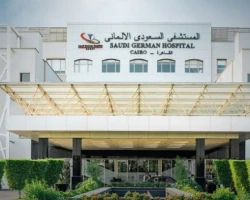
Cairo, Egypt
Specializations: Cardiac surgery, Vascular surgery, Thoracic surgery, Neurosurgery, Spine surgery, Orthopedic surgery, Oncology
Languages: English
SGH-Cairo is the first hospital of the group located in Africa; it is one of the major tertiary care hospitals in Cairo and Egypt. With
read more
Prices for popular procedures:
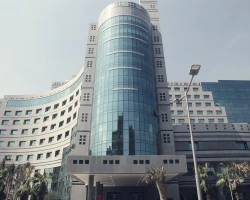
Cairo, Egypt
Specializations: Cardiac surgery, Vascular surgery, Thoracic surgery, Neurosurgery, Spine surgery, Orthopedic surgery, Oncology
Languages: Arabic
The hospital was founded on 1993 as Outpatient's clinics to offer Premium Diagnosis & Therapy, The Inpatient services and Wards was opened in 1997
read more
Prices for popular procedures:
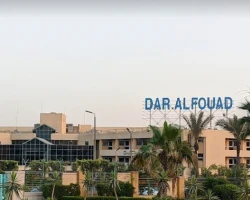
Giza, Egypt
Specializations: Cardiac surgery, Vascular surgery, Thoracic surgery, Neurosurgery, Spine surgery, Orthopedic surgery, Oncology
Languages: Arabic, English
We strive to be recognized as one of the leading quality and safest health care providers in Egypt, Africa and the Middle East. Dar Al
read more
Prices for popular procedures:
Clinics grouping by rating
Clinic with the highest rating of 4.6 — As-Salam International Hospital in Cairo, Egypt, clinic with the most reviews number of 6198 — As-Salam International Hospital in Cairo, Egypt.
With rating 4.0 and over — 6 clinics .
Countries with the highest number of clinics treating the diseases:
Chronic kidney disease:
worldwide
671 clinics
Brazil
43 clinics
Germany
38 clinics
Colombia
36 clinics
Mexico
32 clinics
Turkey
28 clinics
Related procedures:
Procedures are likely to be used for Chronic kidney disease treatment:
Arteriovenous (AV) fistula surgery,
Arteriovenous (AV) graft surgery,
and
Secondary Cimino arteriovenous anastomosis surgery
.
